Weak retail sales data could force interest rates rethink
Sterling falls on September's 0.8% retail decline as traders bet against Bank of England rates rise
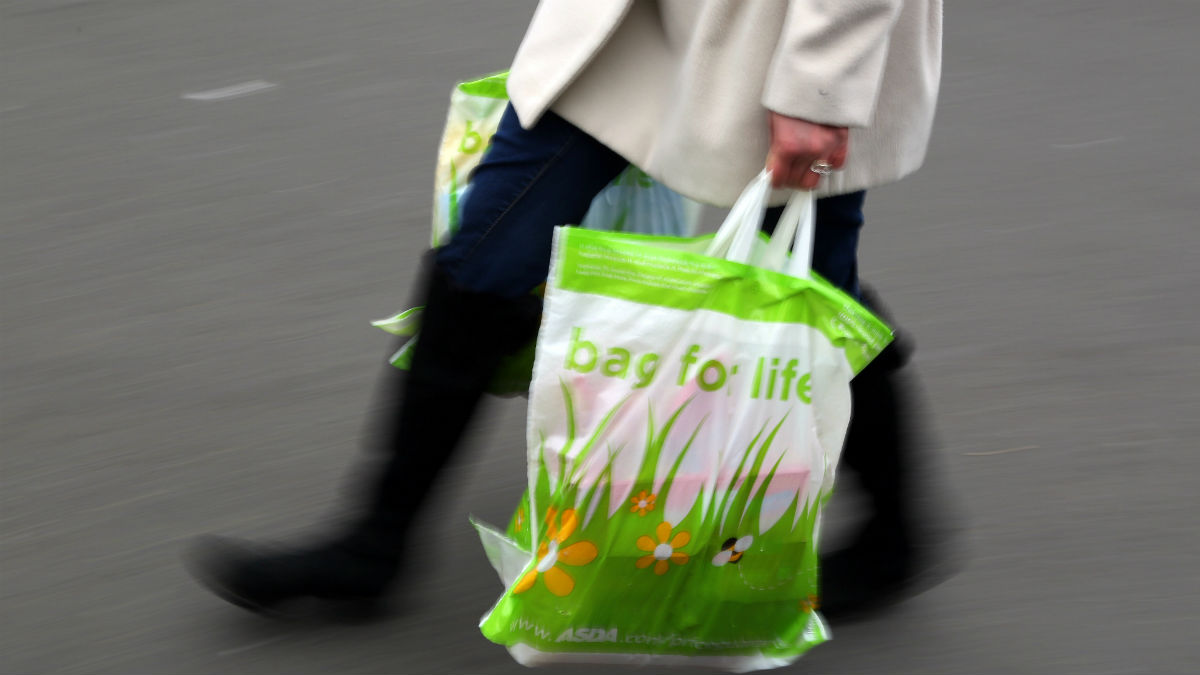
A free daily email with the biggest news stories of the day – and the best features from TheWeek.com
You are now subscribed
Your newsletter sign-up was successful
UK retail sales fell more than expected in September, as “inflation fuelled by a post-Brexit vote fall in the pound continued to chip away at household budgets,” says The Independent.
Official figures showed that total sales across the retail sector decreased by 0.8% in volume terms last months compared to August, undershooting the 0.1% decline predicted by analysts.
Andrew Sentance, senior economic adviser to the consultancy PwC, said the slowdown could be blamed on inflation.
The Week
Escape your echo chamber. Get the facts behind the news, plus analysis from multiple perspectives.

Sign up for The Week's Free Newsletters
From our morning news briefing to a weekly Good News Newsletter, get the best of The Week delivered directly to your inbox.
From our morning news briefing to a weekly Good News Newsletter, get the best of The Week delivered directly to your inbox.
“Prices of goods bought in shops, at petrol stations and online in September were 3.3% up on a year ago, whereas only a year ago they were falling by 1%,” he said.
“This surge in inflation – which mainly reflects the fall in sterling since the European Union referendum vote – is squeezing consumers and holding back the growth of retail spending in volume terms.”
Liberal Democrat Leader Vince Cable agreed saying that “a toxic combination of rising prices and stagnant wages” was “severely constraining household spending”.
The news meant that “third-quarter retail growth slowed to a year-on-year rate of 1.5%, its lowest since the second quarter of 2013,” says the BBC.
A free daily email with the biggest news stories of the day – and the best features from TheWeek.com
The broadcaster adds that the news may have a knock-on effect on the Bank of England as it contemplates its first interest rate rise in a decade.
“Sterling fell as traders bet the data made an imminent rate rise less likely.”
-
 What to know before filing your own taxes for the first time
What to know before filing your own taxes for the first timethe explainer Tackle this financial milestone with confidence
-
 The biggest box office flops of the 21st century
The biggest box office flops of the 21st centuryin depth Unnecessary remakes and turgid, expensive CGI-fests highlight this list of these most notorious box-office losers
-
 The 10 most infamous abductions in modern history
The 10 most infamous abductions in modern historyin depth The taking of Savannah Guthrie’s mother, Nancy, is the latest in a long string of high-profile kidnappings
-
 The end for central bank independence?
The end for central bank independence?The Explainer Trump’s war on the US Federal Reserve comes at a moment of global weakening in central bank authority
-
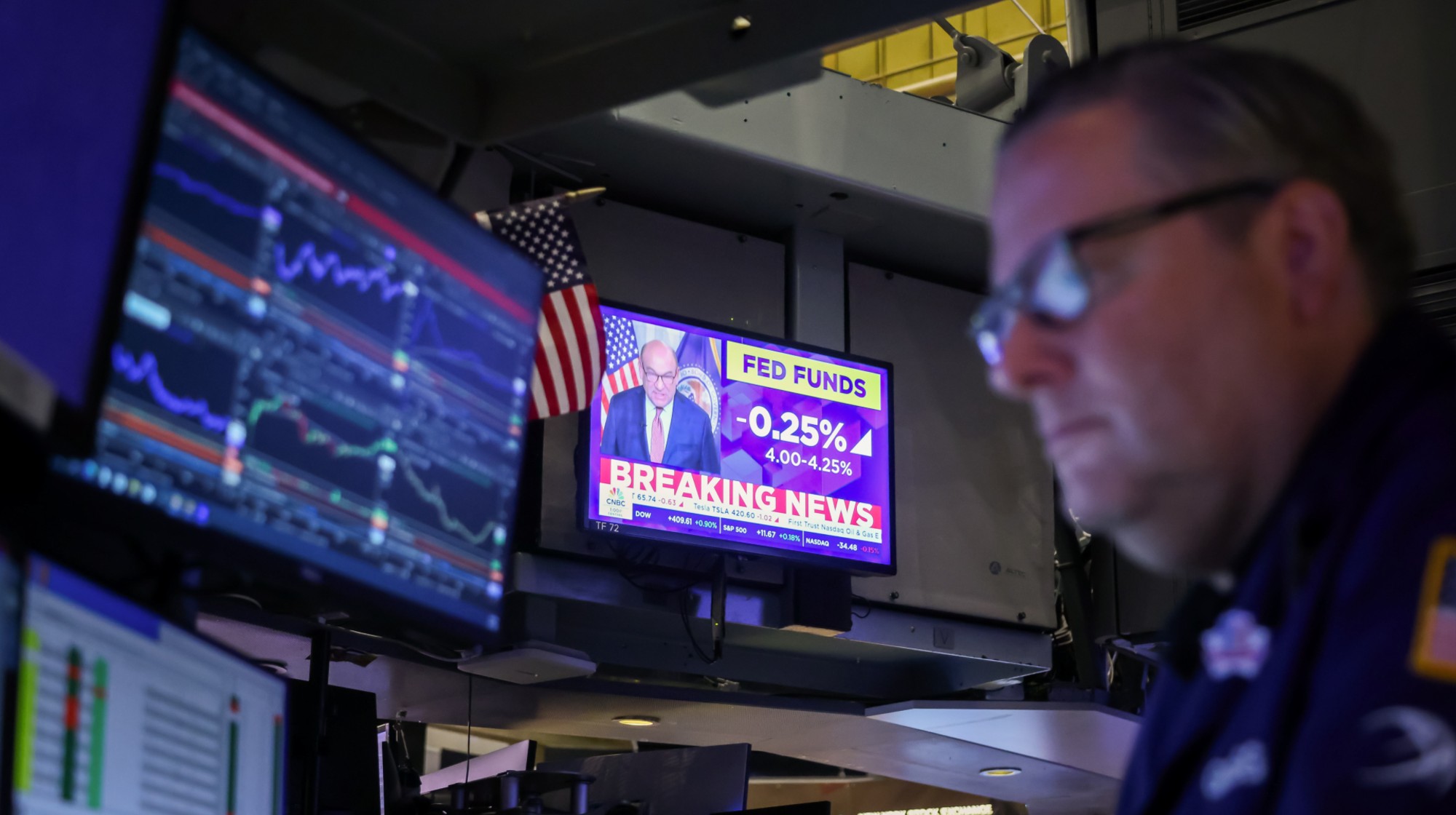 Fed cuts interest rates a quarter point
Fed cuts interest rates a quarter pointSpeed Read ‘The cut suggests a broader shift toward concern about cracks forming in the job market’
-
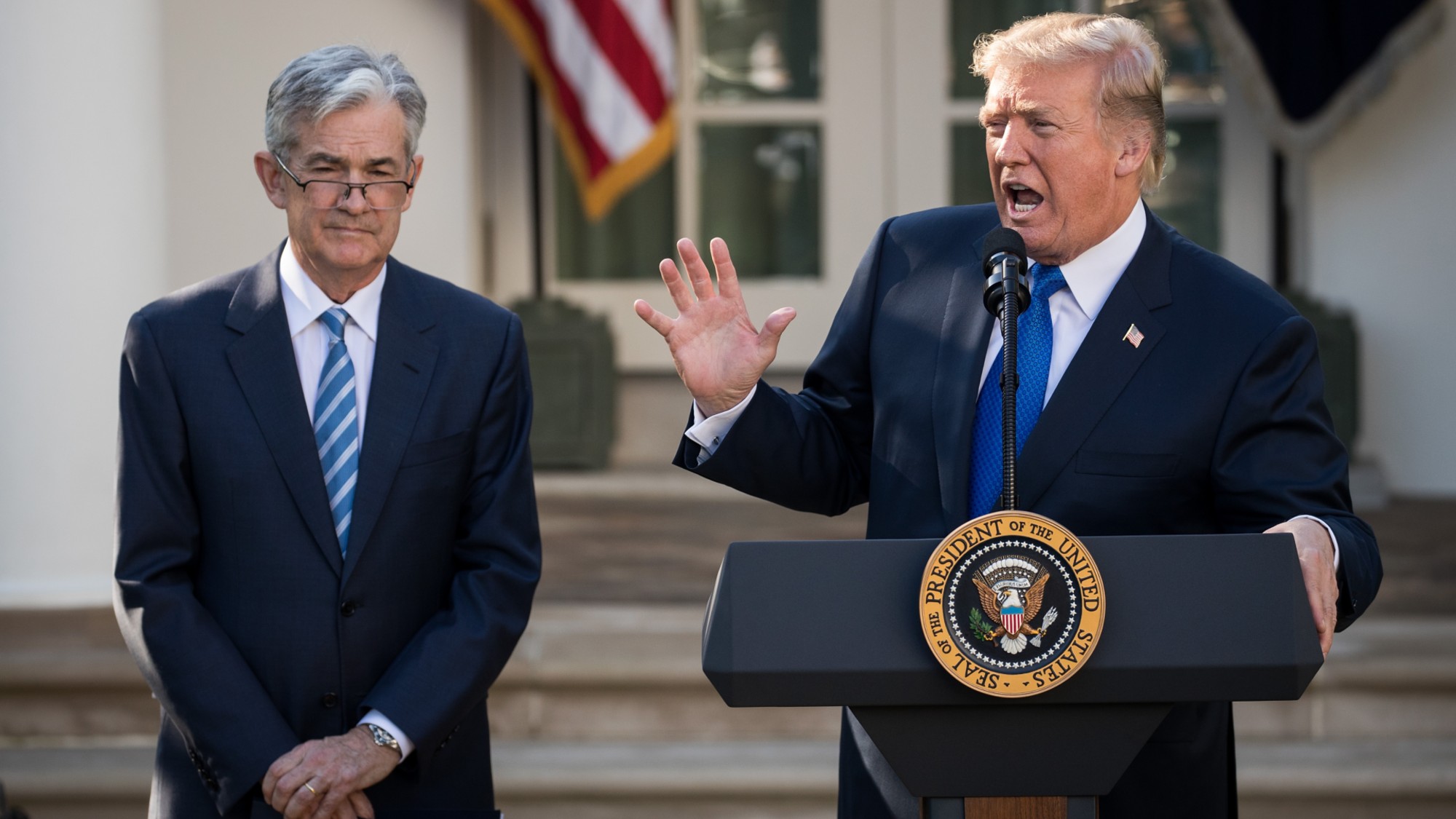 How will Wall Street react to the Trump-Powell showdown?
How will Wall Street react to the Trump-Powell showdown?Today's Big Question 'Market turmoil' seems likely
-
 Will Rachel Reeves have to raise taxes again?
Will Rachel Reeves have to raise taxes again?Today's Big Question Rising gilt yields and higher debt interest sound warning that Chancellor may miss her Budget borrowing targets
-
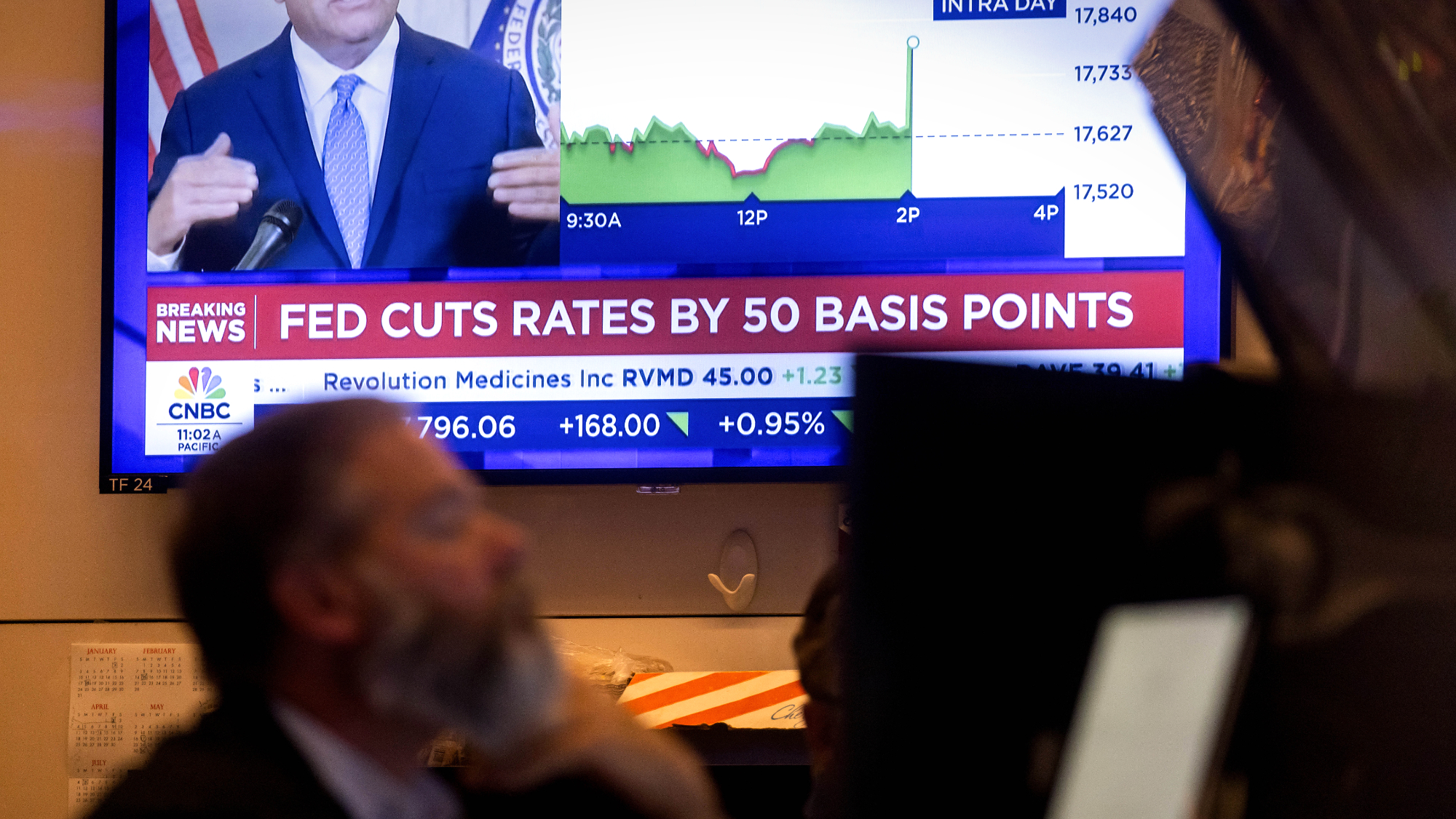 Fed cuts rates half a point, hinting victory on inflation
Fed cuts rates half a point, hinting victory on inflationSpeed Read This is the Fed's first cut in two years
-
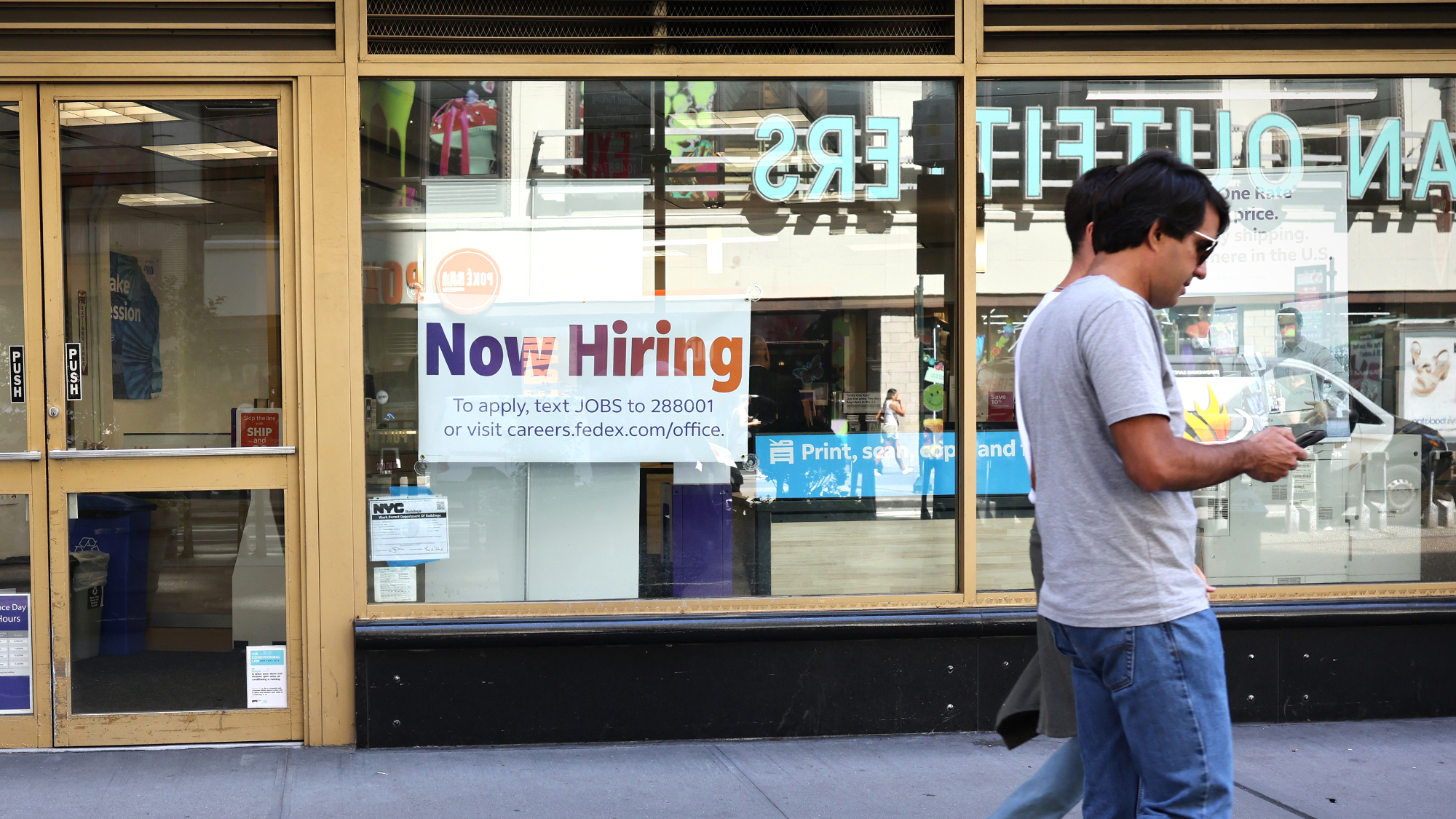 US job growth revised downward
US job growth revised downwardSpeed Read The US economy added 818,000 fewer jobs than first reported
-
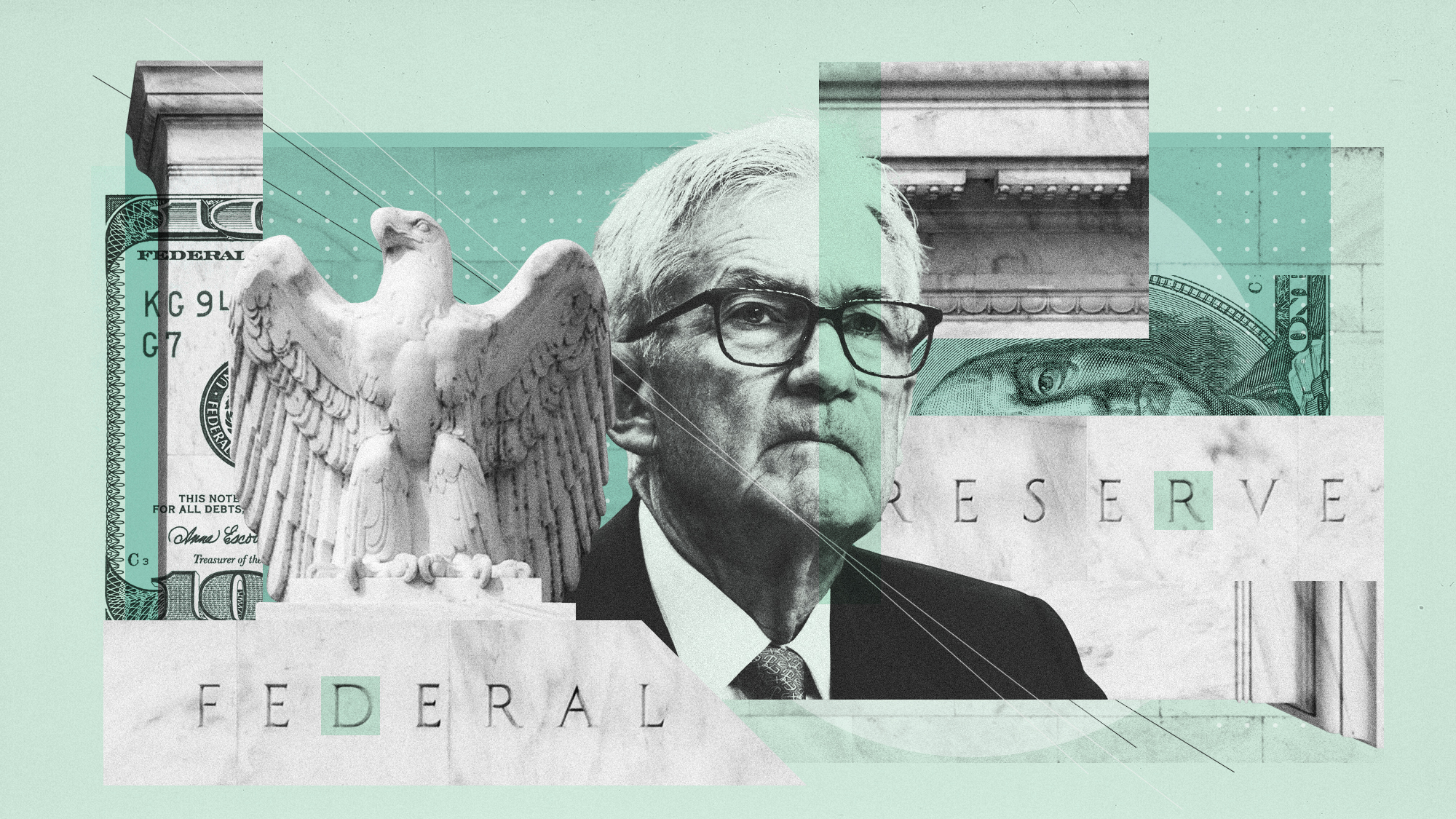 Is the Fed ready to start cutting interest rates?
Is the Fed ready to start cutting interest rates?Today's Big Question Recession fears and a presidential election affect the calculation
-
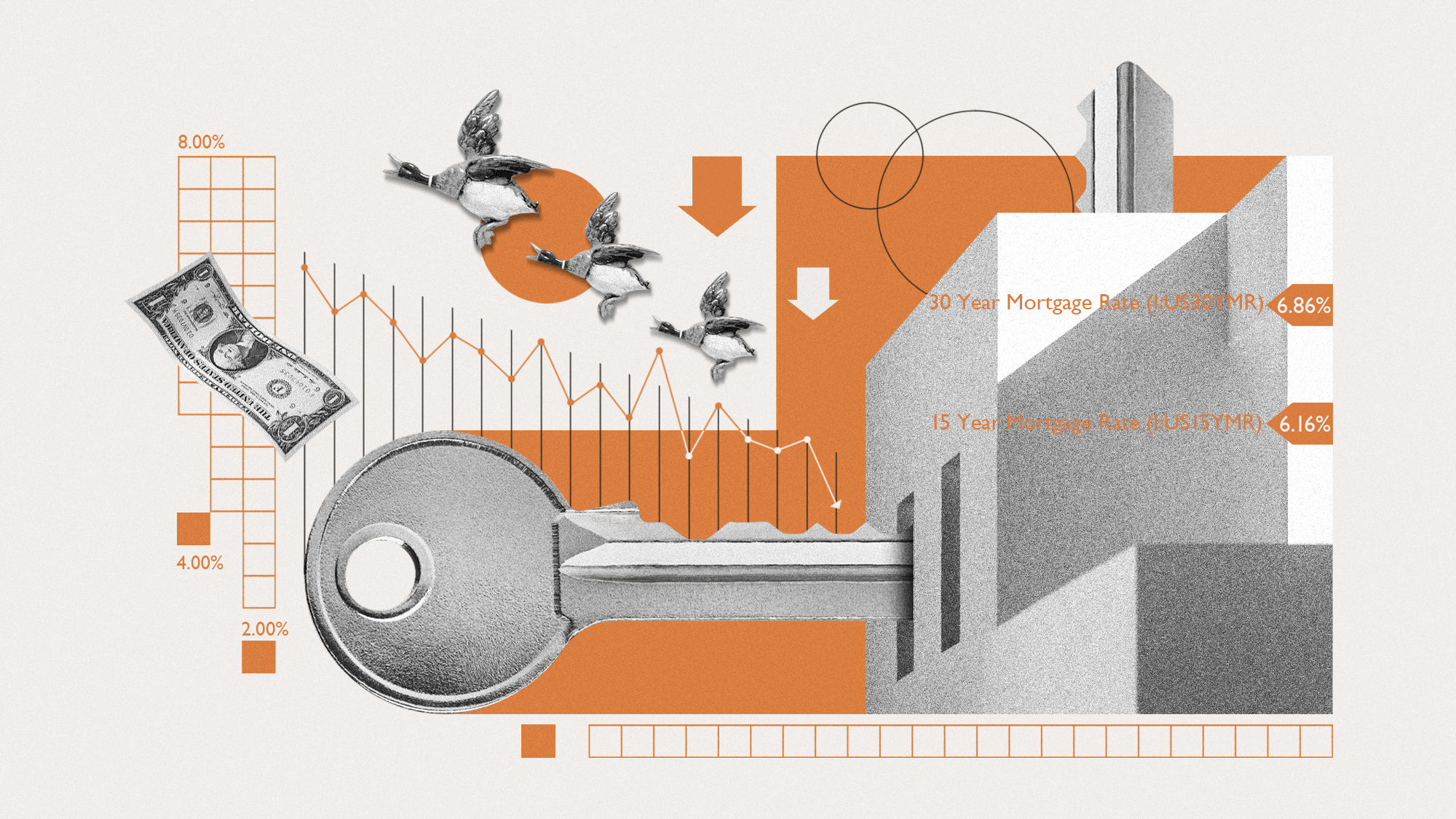 Will the housing slump ever end?
Will the housing slump ever end?Today's Big Question Probably not until mortgage rates come down